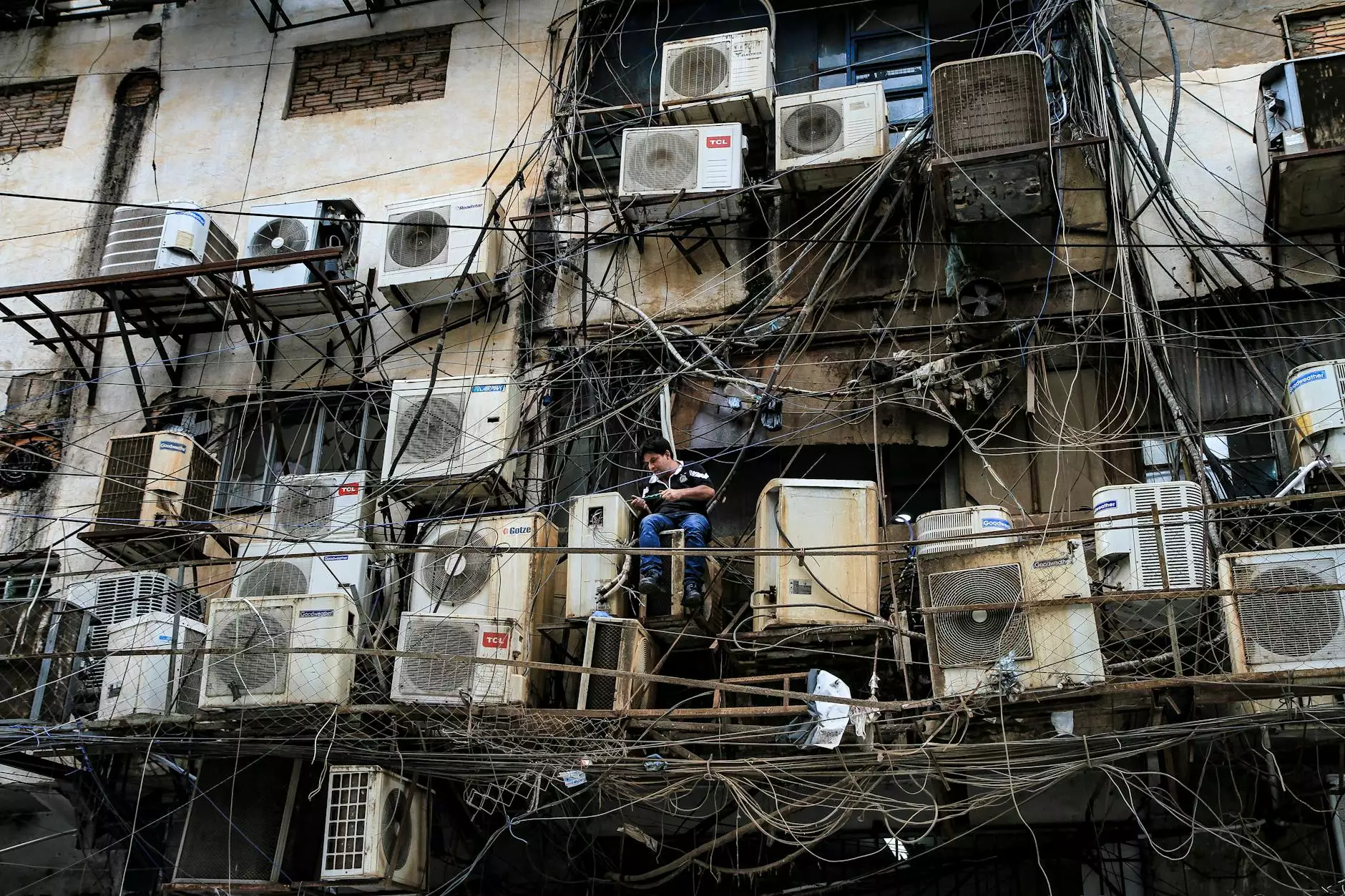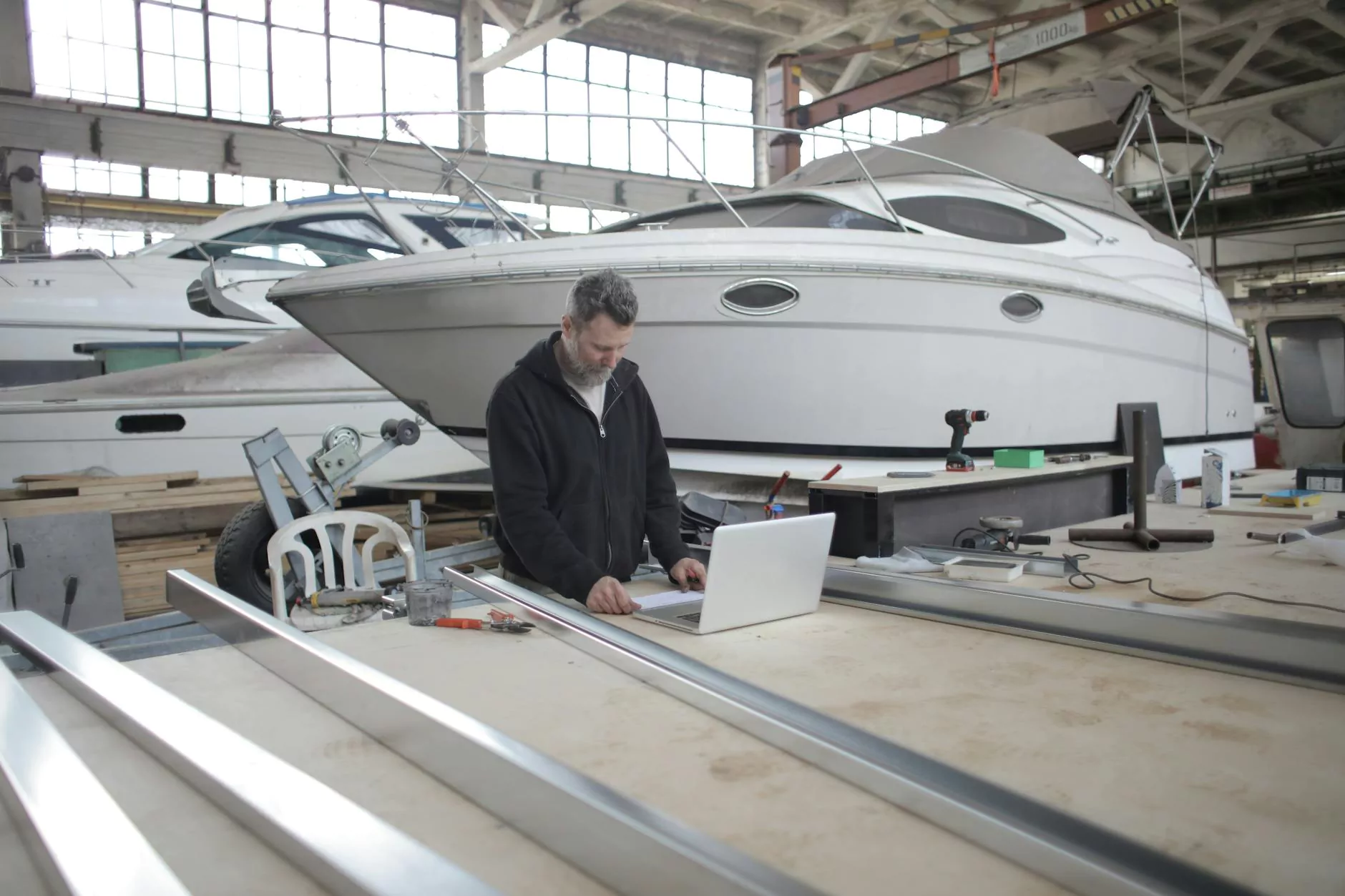Pros and Cons of Gas Appliances

Introduction
Gas appliances have become increasingly popular in modern homes due to their efficiency and versatility. They offer numerous benefits, but also come with some considerations that homeowners should be aware of. In this comprehensive guide, Northwest Heating & Air Conditioning explores the pros and cons of gas appliances.
Benefits of Gas Appliances
Gas appliances provide several advantages that make them an attractive choice for homeowners:
1. Energy Efficiency
Gas appliances are known for their high energy efficiency ratings. They consume less energy compared to electric counterparts, resulting in lower utility bills. They are particularly efficient when it comes to heating and cooking.
2. Quick and Precise Heat
Gas-powered appliances offer instant and precise heat. With the turn of a knob, you can control the flame temperature and adjust the heat output according to your needs. This allows for accurate cooking and faster heating times, providing convenience in the kitchen.
3. Reliability and Durability
Gas appliances are built to last. They have fewer moving parts compared to electric appliances, making them less prone to mechanical failures. With proper maintenance, gas appliances are known to have a longer lifespan, saving you money on replacement costs in the long run.
4. Independence from Electricity
During power outages, gas appliances will continue to function seamlessly. This provides a sense of security and helps maintain normalcy in your daily routines, especially during extreme weather conditions or emergencies.
5. Environmental Friendliness
Gas appliances burn cleaner and produce lower greenhouse gas emissions compared to their electric counterparts. They can help reduce your carbon footprint and contribute to a more sustainable environment.
Considerations for Gas Appliances
While gas appliances offer numerous benefits, it's important to consider the following aspects:
1. Installation and Maintenance
Proper installation and regular maintenance are crucial for the safe and efficient operation of gas appliances. It's recommended to hire a professional technician, like Northwest Heating & Air Conditioning, to ensure the correct installation and conduct routine inspections.
2. Ventilation
Gas appliances require sufficient ventilation to prevent the buildup of carbon monoxide, a colorless and odorless gas that can be dangerous if inhaled. Proper ventilation systems, such as exhaust fans or chimneys, should be installed to ensure the safe release of combustion byproducts.
3. Gas Supply
Availability and accessibility to a reliable natural gas supply are essential for gas appliances. Ensure you have a stable gas connection and consider the associated costs when deciding to switch to gas appliances.
4. Fire Hazards
Gas appliances involve open flames, which can pose a fire hazard if not used safely. It's important to follow the manufacturer's instructions, keep flammable objects away from the appliances, and install proper fire safety measures, such as smoke detectors and fire extinguishers.
5. Carbon Monoxide Detectors
Installing carbon monoxide detectors near gas appliances adds an additional layer of safety. These detectors can alert you if there are abnormal levels of carbon monoxide present, helping to prevent potential health hazards.
Conclusion
Gas appliances offer numerous advantages, including energy efficiency, quick heat, reliability, independence from electricity, and environmental friendliness. However, homeowners should also consider the installation, maintenance, ventilation, gas supply, fire hazards, and the need for carbon monoxide detectors. By understanding the pros and cons of gas appliances, you can make an informed decision that best suits your needs and ensures a safe and comfortable home environment.










